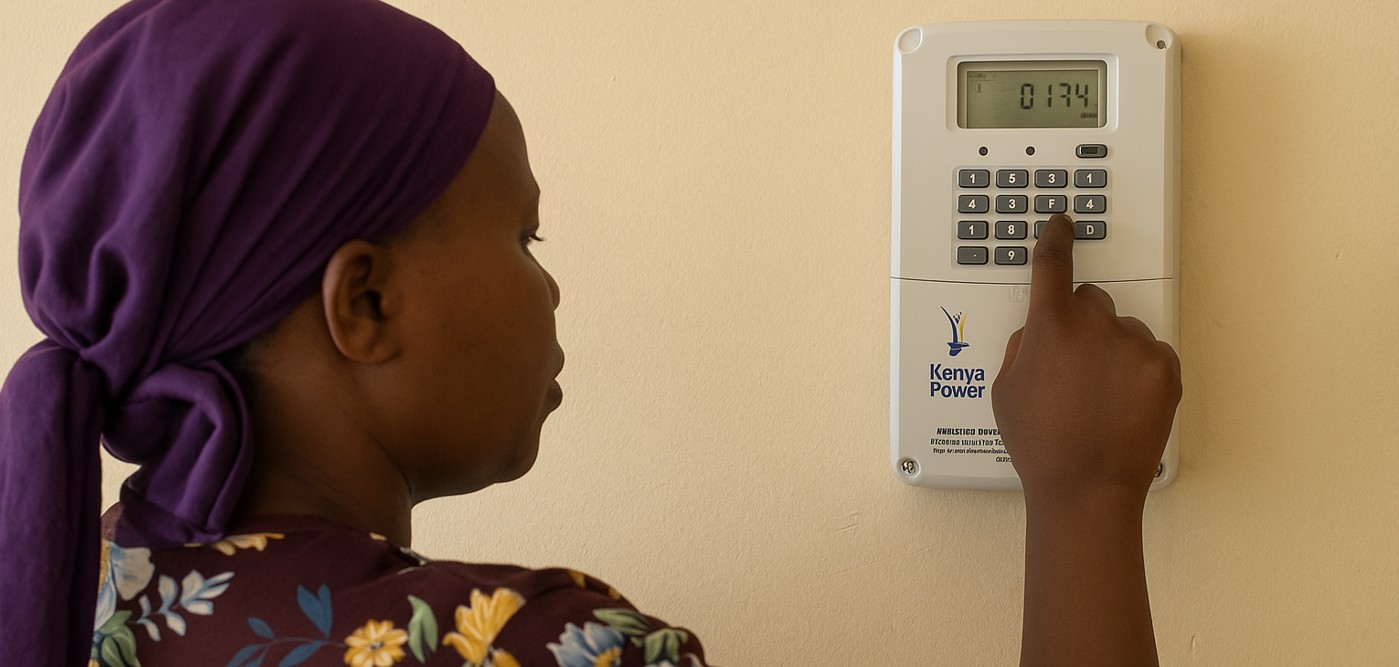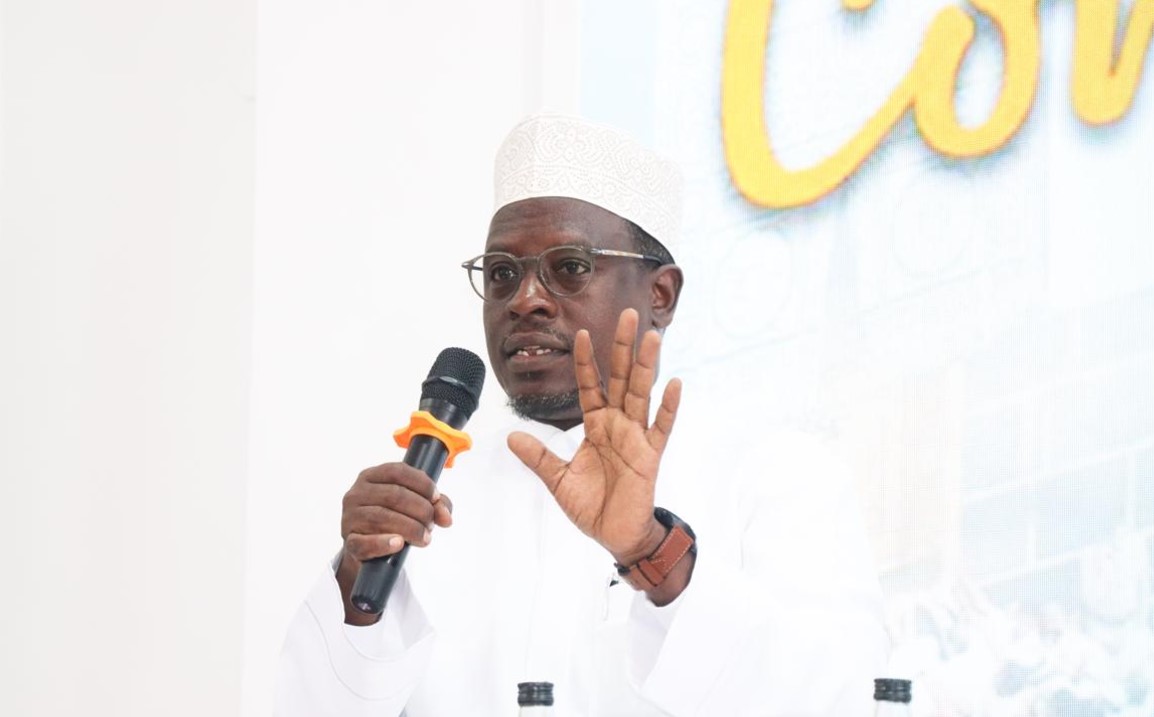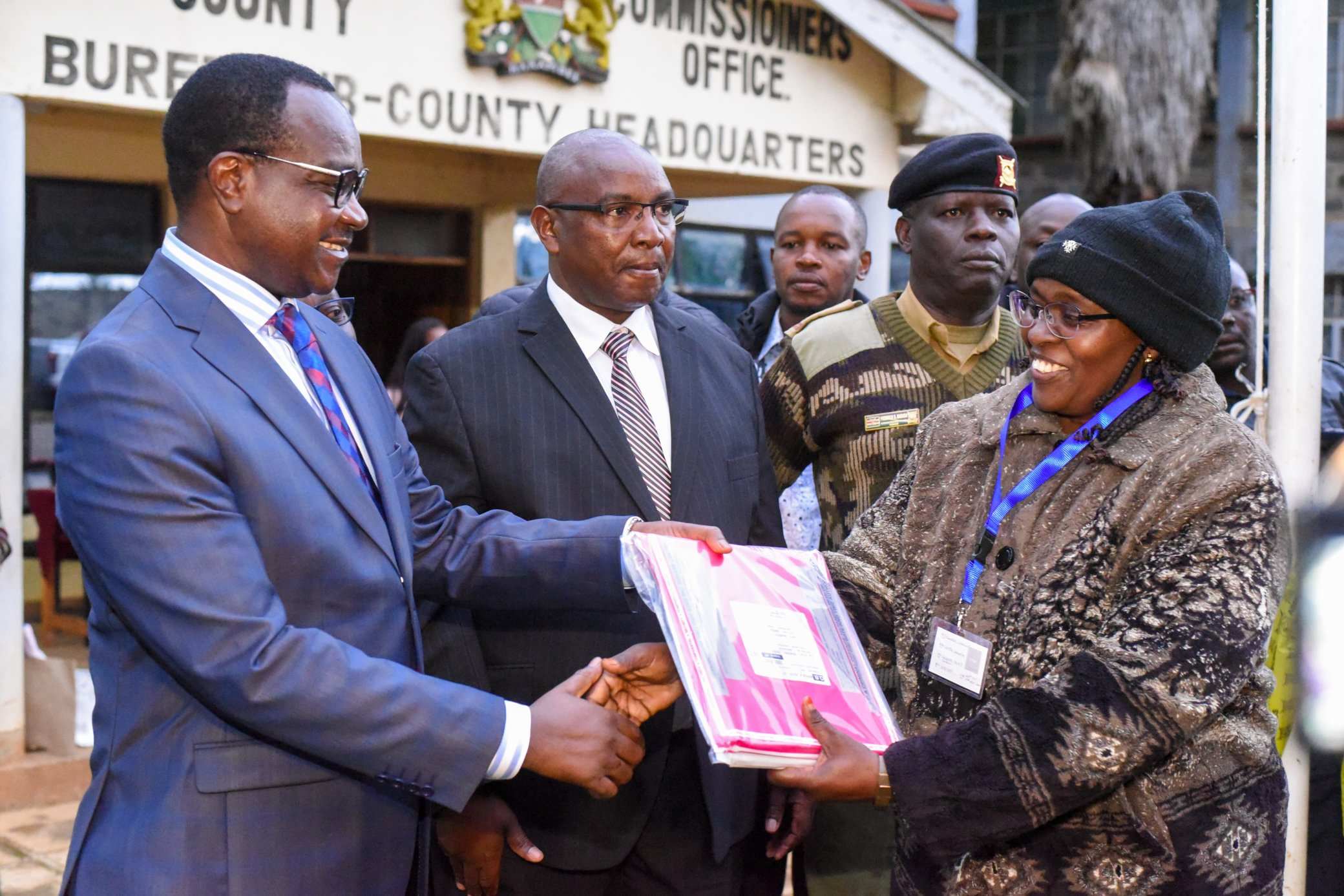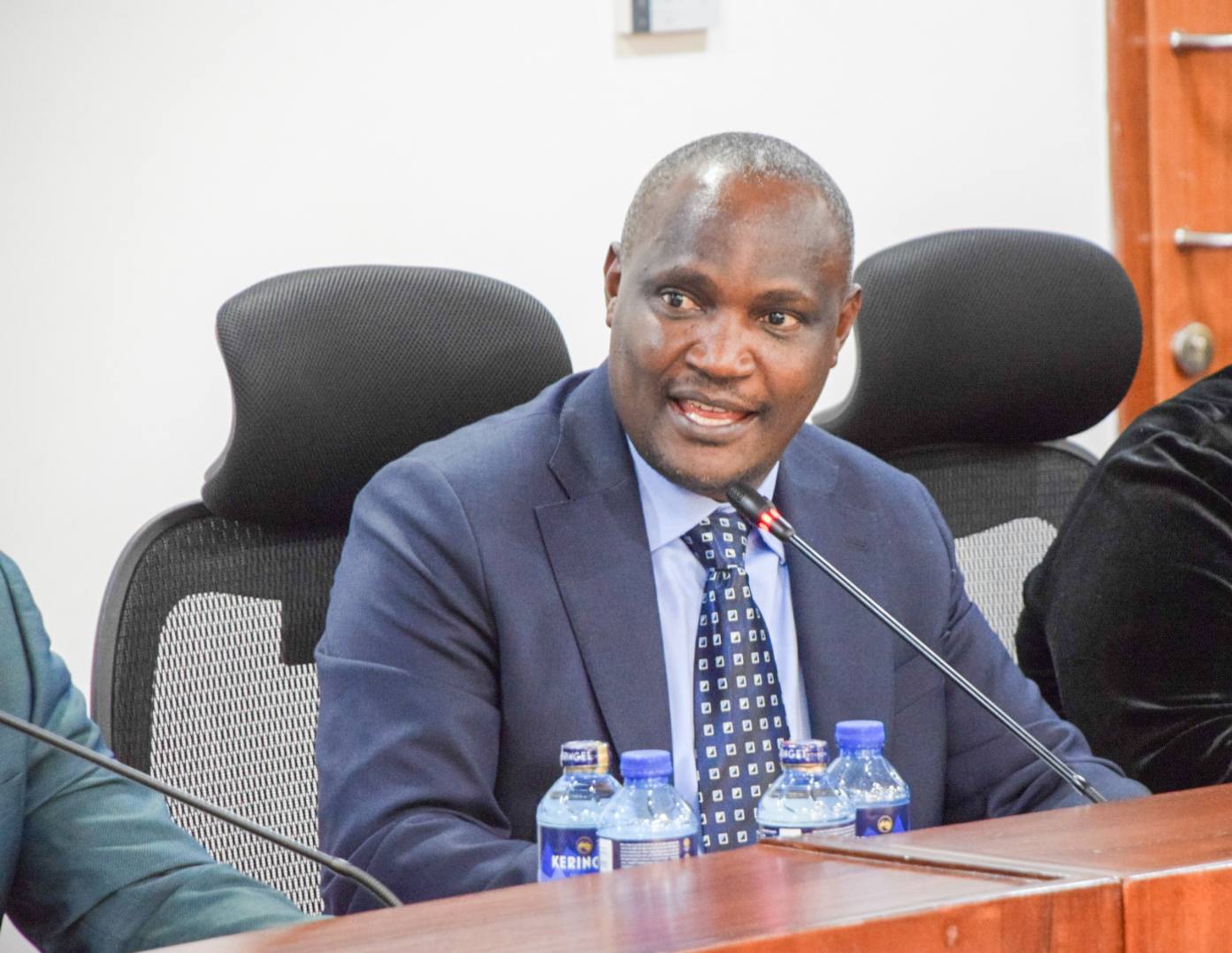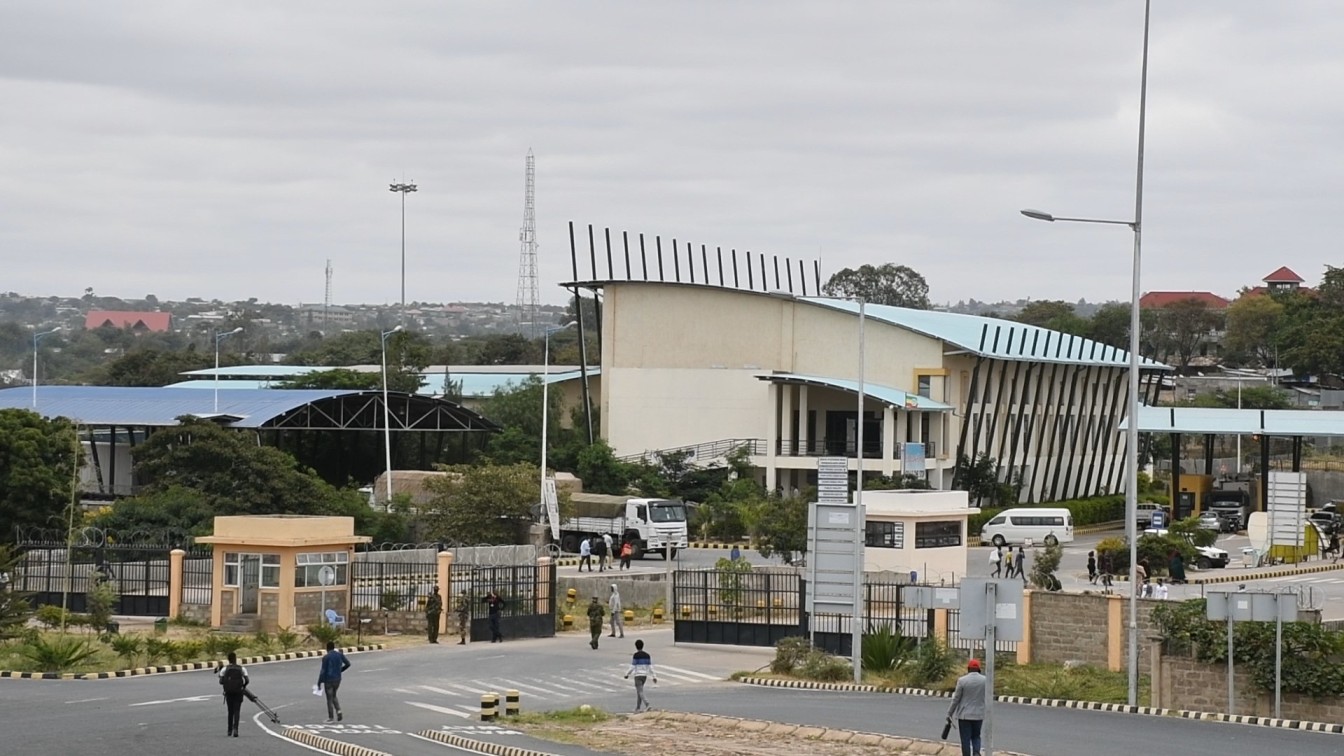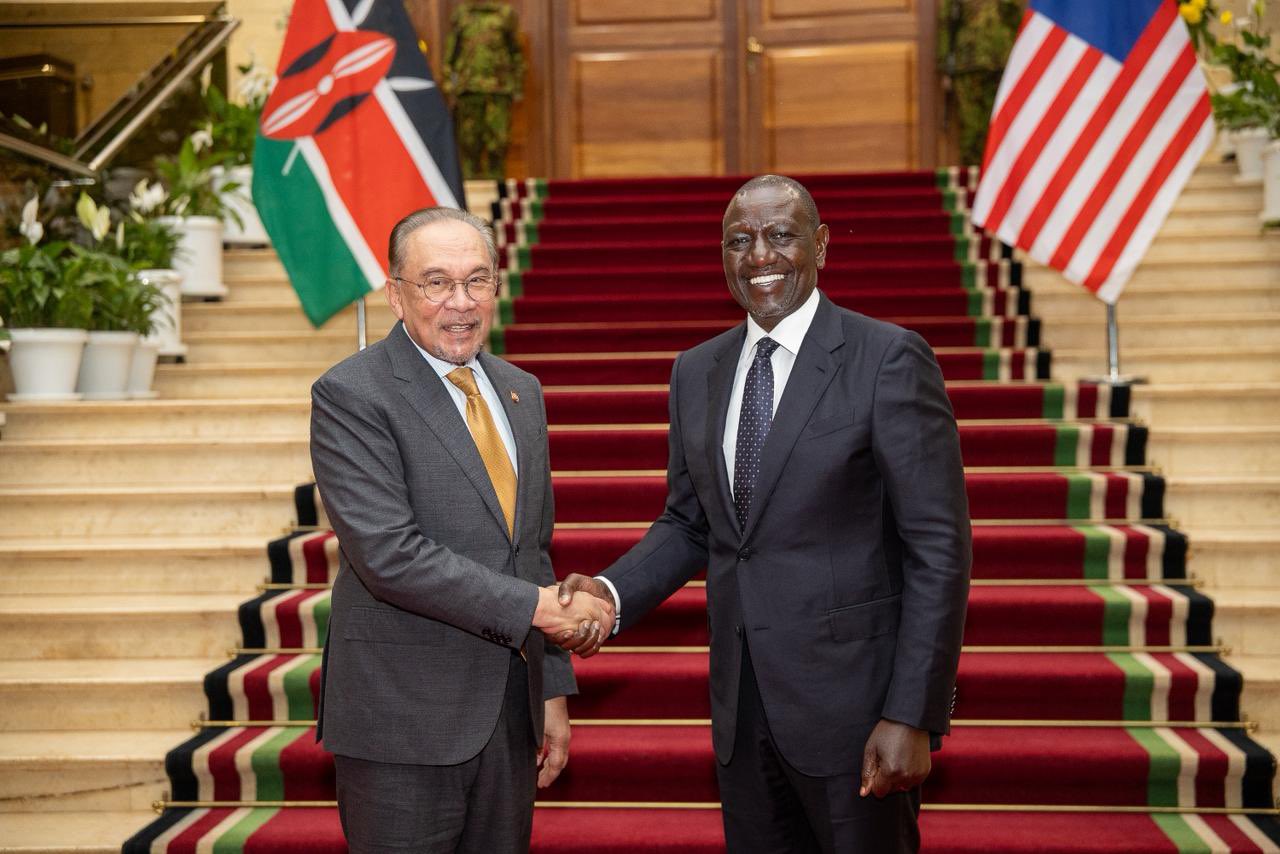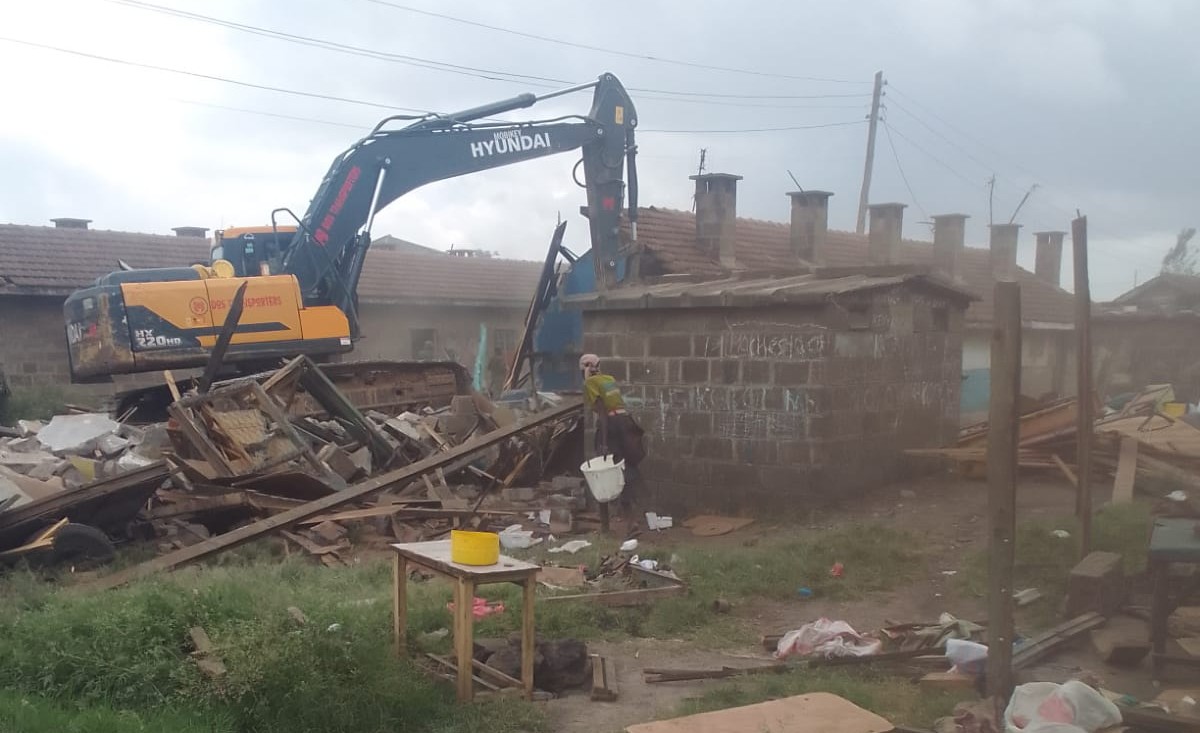Over 30,000 teachers set for senior school curriculum training ahead of 2026 transition
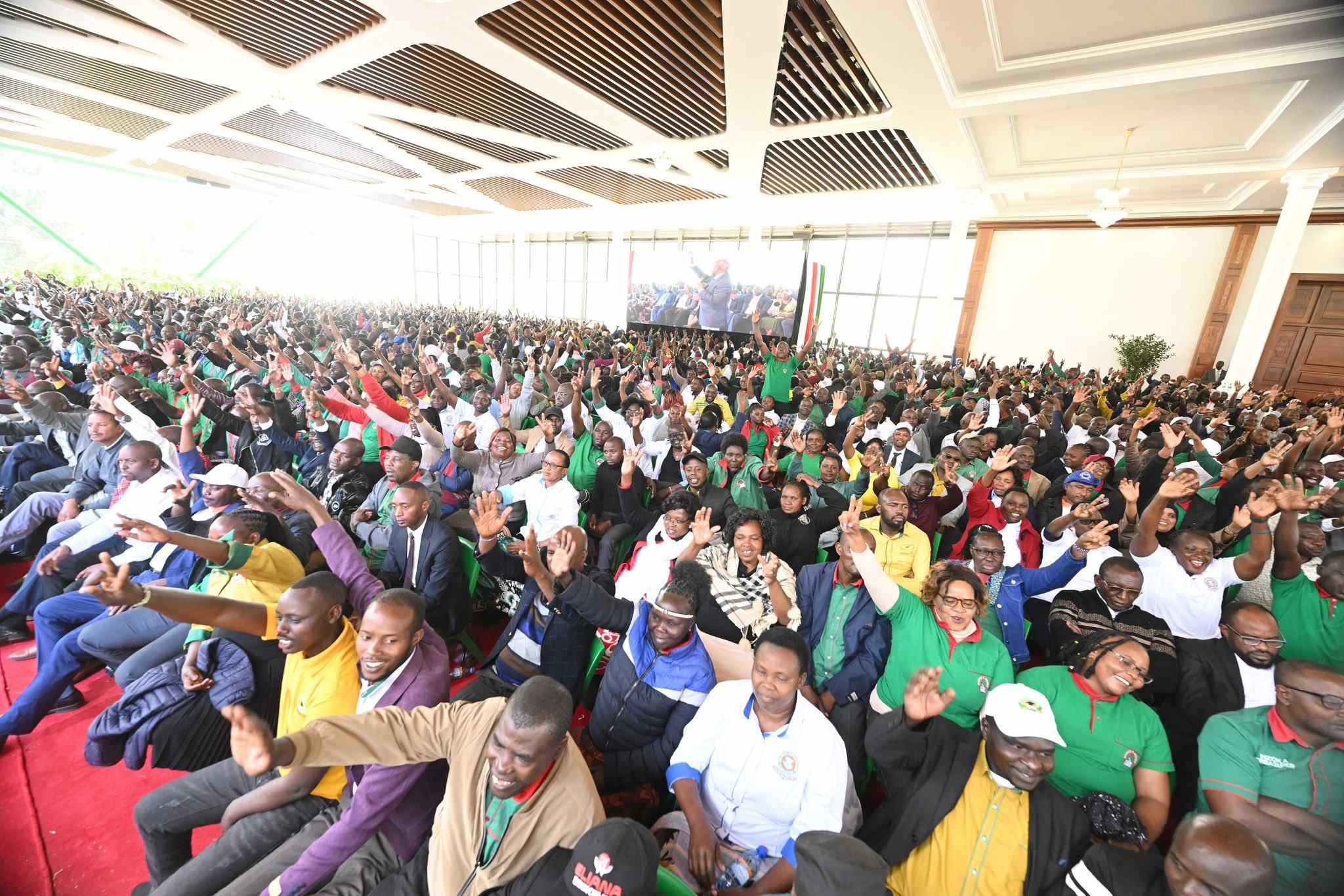
Over 30,000 educators, drawn from 9,626 schools, will take part in the three-week programme scheduled to run from December 1 to December 19, 2025, aimed at equipping them to deliver the new Senior School curriculum.
Thousands of teachers from across the country’s secondary, special needs and vocational institutions will be trained in all 55 learning areas and specialised Competency-Based Education (CBE) pathways ahead of the January 2026 transition.
Over 30,000 educators, drawn from 9,626 schools, will take part in the three-week programme scheduled to run from December 1 to December 19, 2025, aimed at equipping them to deliver the new Senior School curriculum.
More To Read
- Ruto announces recruitment of 24,000 more teachers by January to ease national shortage
- CBE curriculum spirit alive in Eastleigh as parents lead new wave of youth football development
- Teachers warn CBE curriculum risks undermining religious education, spiritual growth
- Primary school heads warn of infrastructure gaps threatening smooth transition to senior school
- Government to use new AI system in placement of Grade 9 students to senior schools
- TSC to send unemployed teachers overseas under new framework
In a circular to educators, Teachers Service Commission (TSC) Director for Teacher Professional Management, Reuben Nthamburi, confirmed that the training would be conducted face-to-face in selected county or procured venues.
“TSC has planned the retooling of senior school teachers in Competency-Based Education (CBE) with effect from December 1 to December 19, 2025. The retooling will be done face-to-face in selected suitable venues and/or procured venues in the county,” Nthamburi said.
Under the Senior School structure, learners will take seven subjects, including four compulsory ones: English, Kiswahili, Core/Essential Mathematics and Community Service Learning (CSL), as recommended by the Presidential Working Party on Education Reforms (PWPER).
Optional subjects include Music and Dance, Theatre and Film, Business Studies, Geography, Biology, Chemistry, Physics, General Science, Agriculture, Computer Studies, Home Science, Aviation, Building Construction, Electricity, Metalwork, Power Mechanics, Woodwork, Media Technology and Marine and Fisheries Technology.
The ministry says the training will prepare teachers to deliver the specialised pathways selected by the 1.1 million Grade 9 learners transitioning to Senior School. Teachers will be trained in Science, Technology, Engineering and Mathematics (STEM), Social Sciences, and Arts and Sports Science.
TSC will implement the programme using a smart cascade model, with support from experts from the Kenya Institute of Curriculum Development (KICD), Kenya National Examination Council (KNEC), Centre for Mathematics, Science and Technology Education in Africa (CEMASTEA), Ministry of Education, Kenya Institute of Special Education (KISE), and Teachers Training Colleges.
The sessions will be residential for teachers from arid and semi-arid areas and for those specialising in SNE, who will be grouped according to their subjects or areas of specialisation, including Hearing Impairment and Visual Impairment.
“The target participants for retooling are teachers currently teaching in secondary schools, regular, Special Needs and vocational institutions. The teachers will be clustered according to the subjects in the pathways, including Social Sciences, Arts and Sports, and Science, Technology, Engineering, and Mathematics (STEM),” Nthamburi said.
The final round of training targets the remaining 10 per cent of teachers who have not yet undergone CBE training, complementing more than 300,000 already retooled. Teachers from private schools have also been invited, while TSC plans to reach 428 SNE and 370 vocational SNE schools for stage-based curriculum training.
“We have done a lot of retooling to support CBE. So far, we have trained more than 300,000 teachers, and the remaining about 10 per cent will be trained in December,” TSC Chairperson Jamleck Muturi said during the Kenya Primary School Heads Association (Kepsha) annual delegates conference in Mombasa.
The training comes amid a push to address infrastructure and staffing gaps ahead of the January 2026 transition. President William Ruto has instructed the Ministry of Education to fast-track the construction of 1,600 new laboratories, especially in remote schools, to ensure students are not encountering labs for the first time during exams.
“My instruction to the Ministry is to expand laboratories by another 1,600, especially in schools in remote areas. It is not right that a student comes to do an exam in a laboratory for the first time they are entering one,” Ruto said on November 18, 2025, emphasising equity in education.
He also noted that universities will admit the first cohort of Competency-Based Education and Training (CBET) graduates in 2029.
Education stakeholders, including Kepsha and the Kenya Human Rights Commission (KHRC), have emphasised the need for rapid laboratory construction to ensure rural students have equal learning opportunities.
“Some schools, especially in rural areas, lack laboratories, which are crucial for CBE. We want equity: a child in a rural area must get the same education as the one in an urban area,” KHRC’s Cornelius Oduor said.
Currently, more than half of learners who sat the Kenya Junior Secondary Education Assessment (KJSEA) have opted for the STEM pathway, while about 437,000 chose Social Sciences and 124,000 Arts and Sports. Placement into Senior School will consider learners’ chosen pathways, subject combinations, and academic performance.
The 9,603 public secondary schools have been categorised to align with the new curriculum. They include: C1 (national schools): Offer all three pathways—STEM, Social Sciences, Arts and Sports, C2 (Extra County), C3 (County), and C4 (Sub-County/Day schools): Offer fewer pathways depending on resources and facilities.
The December retooling programme is expected to complete the final preparations for a smooth rollout of the CBE Senior School curriculum in January 2026.
Top Stories Today

